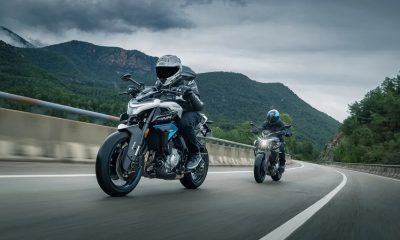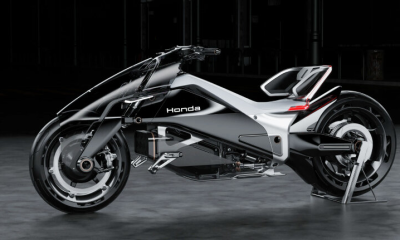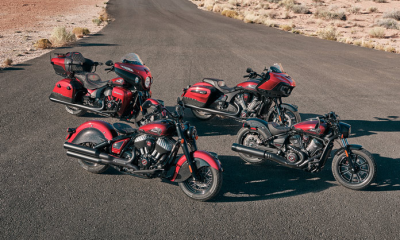Hanoi’s 2026 petrol motorcycle ban marks a major EV push, but experts warn Vietnam’s infrastructure, affordability, and policy gaps may slow progress.

Subscribe to our Telegram channel for instant updates!
Hanoi is set to become the first Vietnamese city to ban petrol-powered motorcycles within its downtown core, starting 1 July 2026. The move, under Directive No. 20/CT-TTg, marks a significant milestone in Vietnam’s transition to electric mobility. But while the intention is clear, the country’s readiness remains uncertain.
Big Goals, Short Runway
“The direction is correct, but the runway is short,” says The Dat, automotive analyst and head of Cartimes. While the transition aligns with global climate goals, infrastructure gaps and cost barriers remain major hurdles.
Although EV manufacturers like VinFast and Dat Bike have invested heavily in battery tech and charging networks, coverage is still limited, especially outside urban centres. Even in Hanoi, public charging remains unevenly distributed.
EVs Still Out of Reach for Many
Despite growing interest, high upfront costs continue to hinder adoption, especially among middle- and lower-income groups. Government incentives such as tax breaks and concessional loans have been introduced, but implementation is inconsistent.
This leaves many consumers hesitant, caught between the phase-out of petrol and the inaccessibility of electric alternatives.

Winners and Losers in the Industry
EV-first companies are poised to benefit, while traditional manufacturers like Honda and Yamaha face pressure to adapt quickly. Petrol dealerships may struggle if they fail to transition to EV sales and servicing.
The second-hand petrol market is expected to surge as owners seek to sell before the ban. However, Vietnam lacks a national scrapping or recycling programme, raising concerns about where these older vehicles will end up.
The Urban-Rural Divide
While urban centres may see faster EV uptake, rural areas lack infrastructure. Without targeted support, petrol vehicles will likely remain dominant in these regions until the 2040 national ban.
What’s Next?
Dat emphasises that the shift to EVs is not just a technological transition, it’s a systemic transformation. Coordinated policies, investment in infrastructure, and equitable access will be essential to ensure the success of this green shift.































Facebook
Instagram
X (Twitter)
YouTube
LinkedIn
RSS